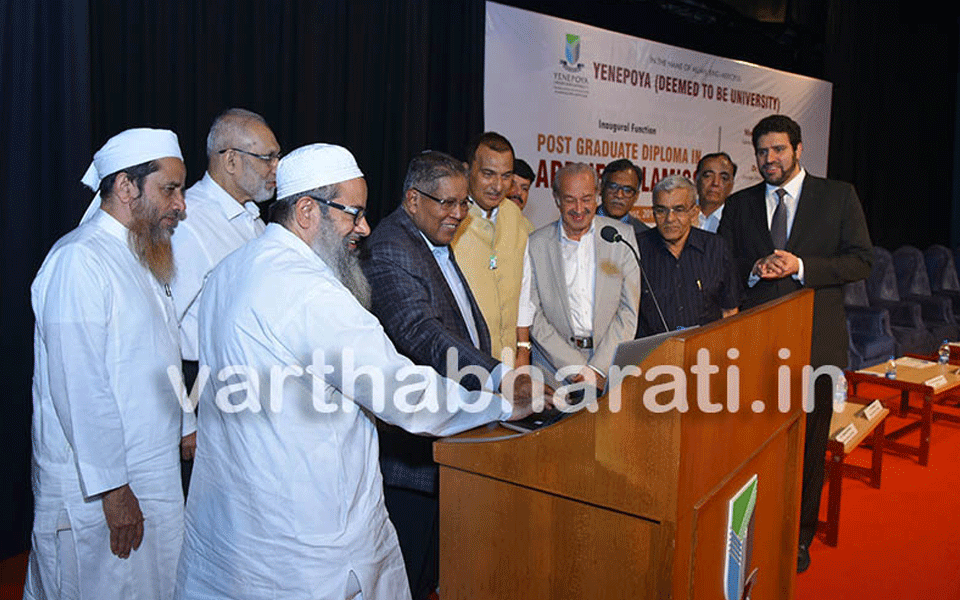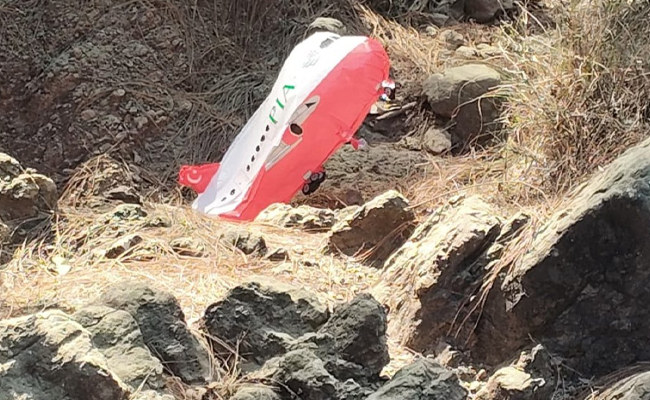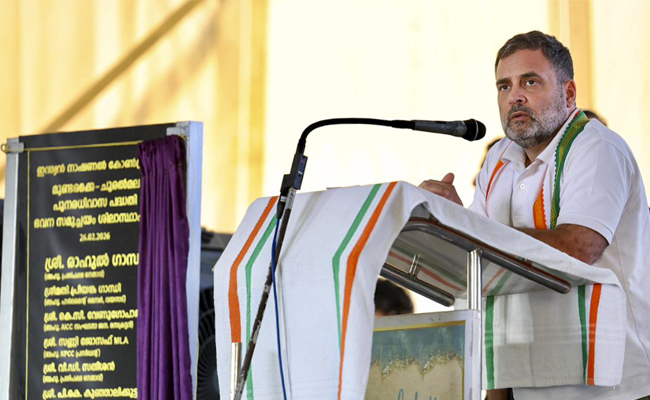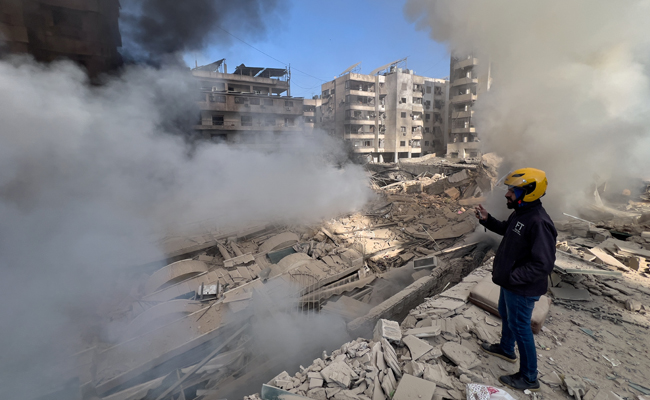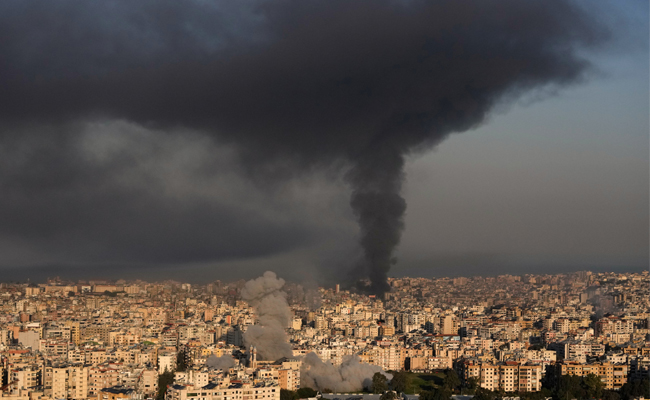Mangaluru, August 09: Noted Islamic scholar, Jamiat-Ulema-I-Hind general secretary and former Rajya Sabha Member Maulana Mahmood Madani said that as the equality and humanity were the basic principles of Islam, the religion has the message of guiding the mankind.
Inaugurating the PG Diploma in Applied Islamics, introduced by the Yenepoya Deemed University at ‘Yendurance Zone’ on the college premises here on Thursday, he said that adaption of the principles of Islam would benefit the entire mankind. It has good messages to build the society. According to Islam, Zakat, one of the five tenets of Islam, would eradicate the economic imbalance in the society. The thought of the Yenepoya University in introducing the course in adapting Islamic principles in science, health science, social science and modern education and knowledge was commendable, he said.
Former union minister Dr K Rahman Khan said that many principles of Islam reflect the basic tenets of the fundamental rights of human beings envisaged in the Constitution. Islam has the norm to give a certain portion of the income to others compulsorily. The Constitution is also advocating equality. Islam has advocated the peace and harmony in the society. But there are several misconceptions on Islam because of misunderstanding of the principles and messages of Islam. The onus of educating the youth about the real tenets of Islam was on the elders of the community, Rahman said.
Presiding over the programme, Yenepoya University Chancellor Yenepoya Abdulla Kunhi said that it was a unique programme in the entire world. The modern, scientific and social developments would be studied in view of Islamic principles in the course. The university has the aim of developing a world-class Islamic Centre, he added.
Vijayapura Al Amin Medical College president Dr Ziaulla Sharief was the guest of honour, while Yenepoya University Islamic Study and Research Centre head Dr Javed Jamil explained about the course. Yenepoya Group of Institutions chairman Yenepoya Mohammed Kunhi, university advisory committee members Dr Habeeb Rahman, Prof Abdul Rahman, Dr M Mushtaq, Ata’ath Khan, university vice chancellor Dr M Vijay Kumar, registrar Dr G Srikumar Menon and others were present at the programme.
Let the Truth be known. If you read VB and like VB, please be a VB Supporter and Help us deliver the Truth to one and all.
Jammu (PTI): Police on Tuesday recovered an aeroplane-shaped balloon marked 'PIA' in Rajouri district, officials said.
A red and white aeroplane-shaped balloon bearing the text 'PIA' with Urdu was found in Sarhoti village under the Dharamsal Police Station, they said.
Locals alerted authorities after spotting the object.
Cops from Police Post Teryath reached the site, secured the balloon, and seized it, they added.
Earlier, on February 23, two balloons with a Pakistani Rs 5,000 currency note and a US dollar attached were recovered from Gunara village in the Akhnoor sector near Jammu.

